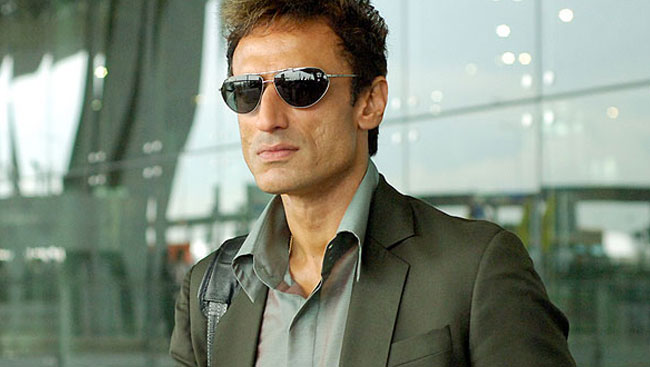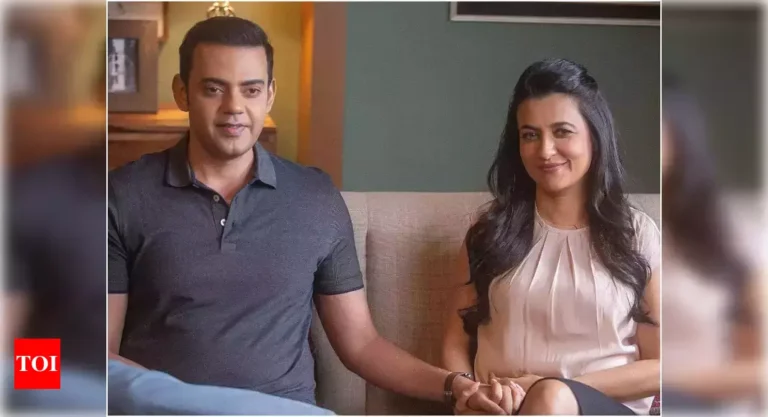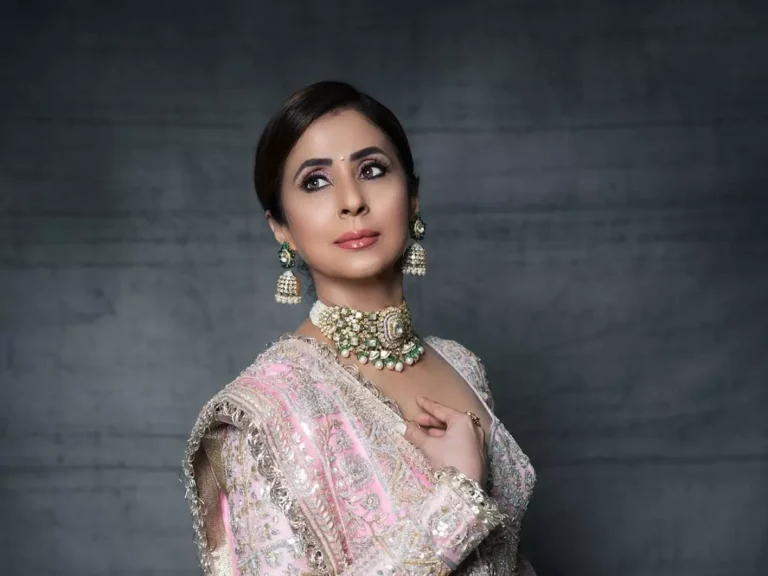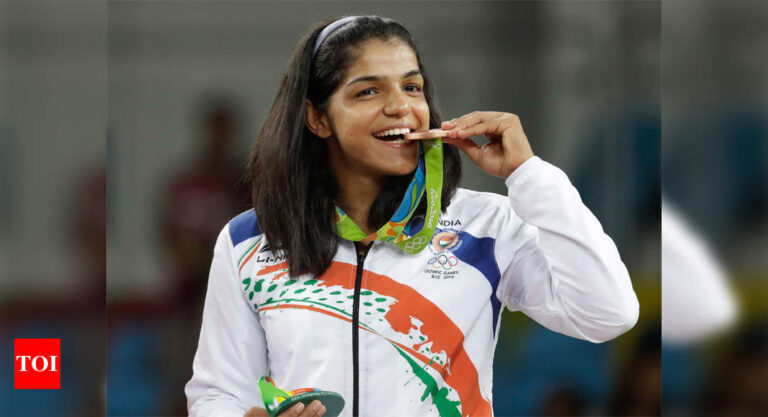Rahul Dev: The Versatile Actor Who Mastered the Art of Villainy
Rahul Dev, a name synonymous with intensity and powerful screen presence, has carved a unique niche for himself in Indian cinema. Known for portraying intense, often villainous roles, Dev has captivated audiences with his versatile acting skills across multiple languages, including Hindi, Tamil, Telugu, and Kannada films. While his journey in the entertainment industry hasn’t always followed the conventional path, Rahul Dev’s dedication and passion for acting have helped him become a respected figure in Indian cinema. This article delves into the life and career of Rahul Dev, highlighting his entry into acting, notable performances, and his legacy.
Rahul Dev Early Life and Entry into the Film Industry

Rahul Dev was born on September 27, 1968, in Saket, New Delhi. Before stepping into the world of films, Dev led a life that was far removed from the glamour of the entertainment industry. He was a fitness enthusiast and a model, often spotted in commercials and fashion events. His rugged looks and chiseled physique caught the attention of casting directors, which eventually paved the way for his acting debut.
Dev’s entry into the Indian film industry came with the film Champion (2000), where he played the antagonist opposite Sunny Deol. His portrayal of a sinister, cold-blooded villain was well-received by the audience, and he instantly became known for his intense on-screen presence. The role earned him a Filmfare Award nomination for Best Villain, marking a strong start to his career in Bollywood. This film established his persona as the “bad guy” in Bollywood, which would become his hallmark in the years to come.
Establishing Himself as Bollywood’s Go-To Villain
After his debut, Rahul Dev became the go-to actor for villainous roles in Bollywood. His tall, imposing frame, combined with his ability to deliver chilling performances, made him a favorite choice for filmmakers looking for an antagonist with depth and menace. Unlike many other actors who play negative characters, Dev brought a nuanced approach to his roles, often portraying his characters with a sense of justification, making them more relatable than purely evil.
Dev’s role in Aashiq (2001) further solidified his place as one of Bollywood’s most bankable villains. Over the next few years, he continued to play memorable negative characters in films like Indian (2001), Footpath (2003), Aan: Men at Work (2004), and Omkara (2006). His roles were characterized by a sense of brooding intensity, and Dev never hesitated to delve into the darker aspects of his characters, giving them complexity and depth.
One of his most acclaimed performances came in the film Omkara (2006), directed by Vishal Bhardwaj. Based on Shakespeare’s Othello, the film was a dark and gritty portrayal of jealousy and betrayal. Rahul Dev’s performance as Keshav Upadhyay, a key antagonist, was appreciated for its restraint and raw energy.
Rahul Dev Versatility in Multiple Languages and Genres

While Rahul Dev initially gained fame in Hindi cinema, his talent wasn’t restricted to Bollywood alone. He soon began to appear in films from various regional industries, including Tamil, Telugu, Kannada, and Malayalam films. His willingness to work in multiple languages demonstrated his versatility and commitment to challenging roles. Dev’s ability to adapt to different styles of filmmaking allowed him to work with a diverse range of directors and co-stars, expanding his fanbase beyond Hindi cinema.
In Tamil and Telugu films, he often played roles similar to his Bollywood persona—complex villains and tough characters—but brought something unique to each role. His work in Tamil cinema includes films like Bheema (2008) and Aadhavan (2009), where he held his own against major stars in the South Indian film industry.
Despite being predominantly cast as a villain, Rahul Dev also explored different genres and character types over the years. He has played action-heavy roles, intense dramatic parts, and even dipped his toes into the comedic genre with lighter roles in films like Shaapit (2010), showing his willingness to experiment and challenge himself as an actor.
Personal Tragedies and Comeback
While Rahul Dev’s professional life was thriving, he faced a tragic personal loss in 2009 when his wife, Rina Dev, succumbed to cancer. This heartbreaking event took a significant emotional toll on the actor, and he took a brief hiatus from the film industry to focus on his family and his son, Siddharth. Dev’s break from acting during this period was necessary for him to cope with the emotional burden and gather strength.
Despite the personal challenges, Rahul Dev made a remarkable comeback to the industry. He reemerged stronger and more determined than ever, diving back into acting with renewed vigor. His comeback films saw him once again take on negative and action-packed roles, reminding audiences of his exceptional talent.
In 2013, he appeared in the hit film Bhaag Milkha Bhaag in a supporting role, once again displaying his acting prowess. His later projects, including roles in action films like Ek Paheli Leela (2015) and Dishoom (2016), reaffirmed his status as a versatile actor who could still command the audience’s attention.
Rahul Dev Exploring the Digital Space and Reality Television
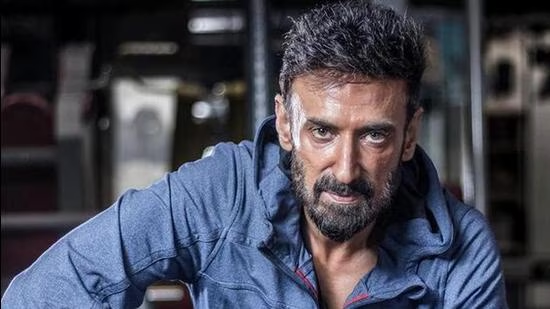
As the Indian entertainment industry began to embrace the digital space, Rahul Dev transitioned seamlessly into web series and other digital content. His appearance in the MX Player original series Who’s Your Daddy (2020) was well-received and showed his adaptability in moving with the times. His entry into the world of OTT platforms brought him closer to the younger audience, allowing him to reinvent himself in a new medium.
Apart from films and digital content, Rahul Dev also ventured into reality television. His participation in the popular reality show Bigg Boss (Season 10) in 2016 brought him back into the limelight in a new avatar. The audience got to see a more personal and candid side of Dev, which endeared him to many viewers. Although known for his intense roles on-screen, Dev’s calm and composed demeanor on the show won him many fans.
Legacy and Future Prospects
Rahul Dev’s journey in the Indian film industry is one marked by resilience, versatility, and sheer talent. While he has often been typecast as a villain, his nuanced portrayals have elevated even the most stereotypical of roles. Whether in Bollywood or regional cinema, Rahul Dev’s contributions to Indian films are undeniable.
As he continues to explore new avenues in both cinema and digital platforms, Rahul Dev’s future in the entertainment industry looks promising. His ability to reinvent himself, along with his dedication to the craft, ensures that he will remain a beloved figure in Indian cinema for years to come. With several upcoming projects in the pipeline, including roles in both films and web series, Rahul Dev continues to prove that he is a force to be reckoned with.
Conclusion
Rahul Dev has established himself as one of Indian cinema’s most versatile actors, known for his compelling portrayals of villains and intense characters. His personal journey, filled with highs and lows, is a testament to his strength, both as an actor and an individual. As he continues to evolve as an artist, Rahul Dev’s legacy in Indian cinema remains strong, inspiring many aspiring actors to take on challenging roles with conviction and passion.
